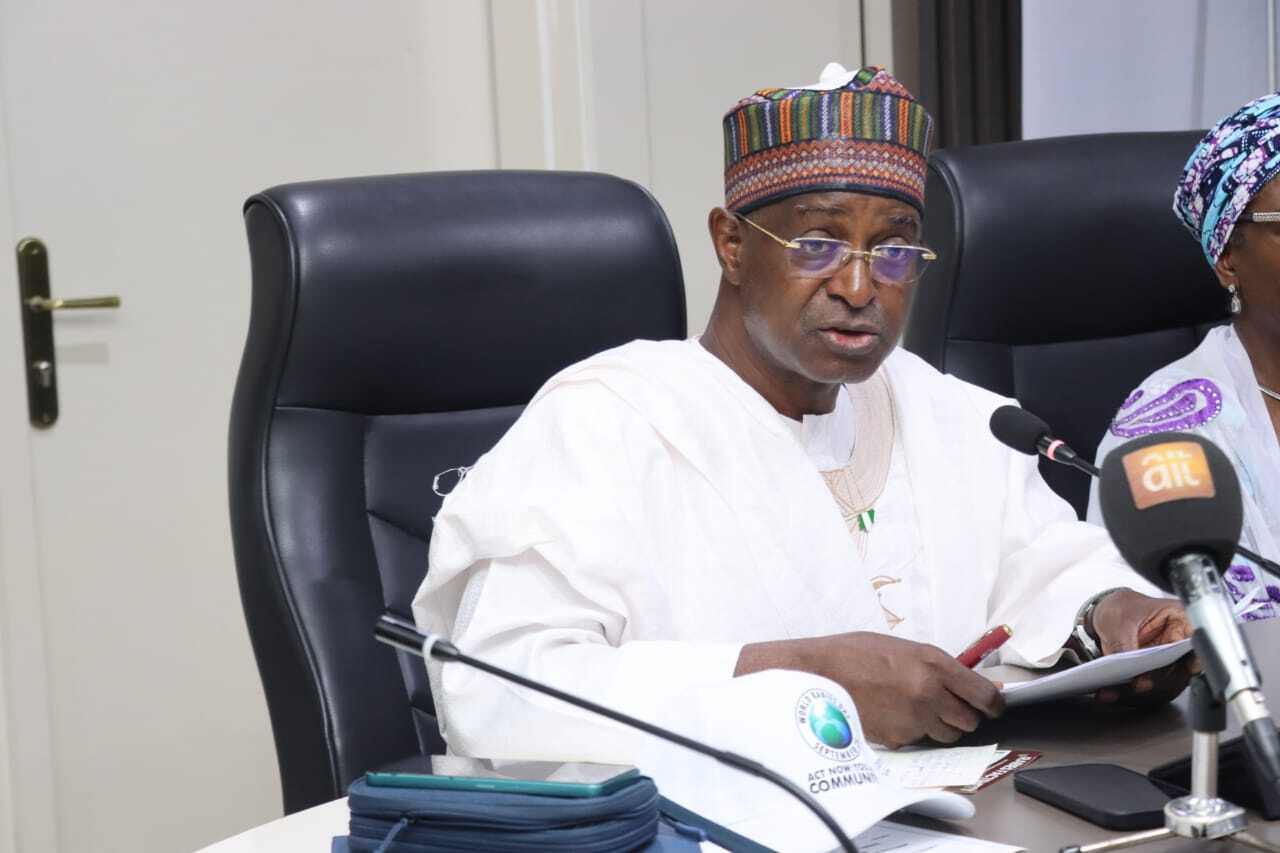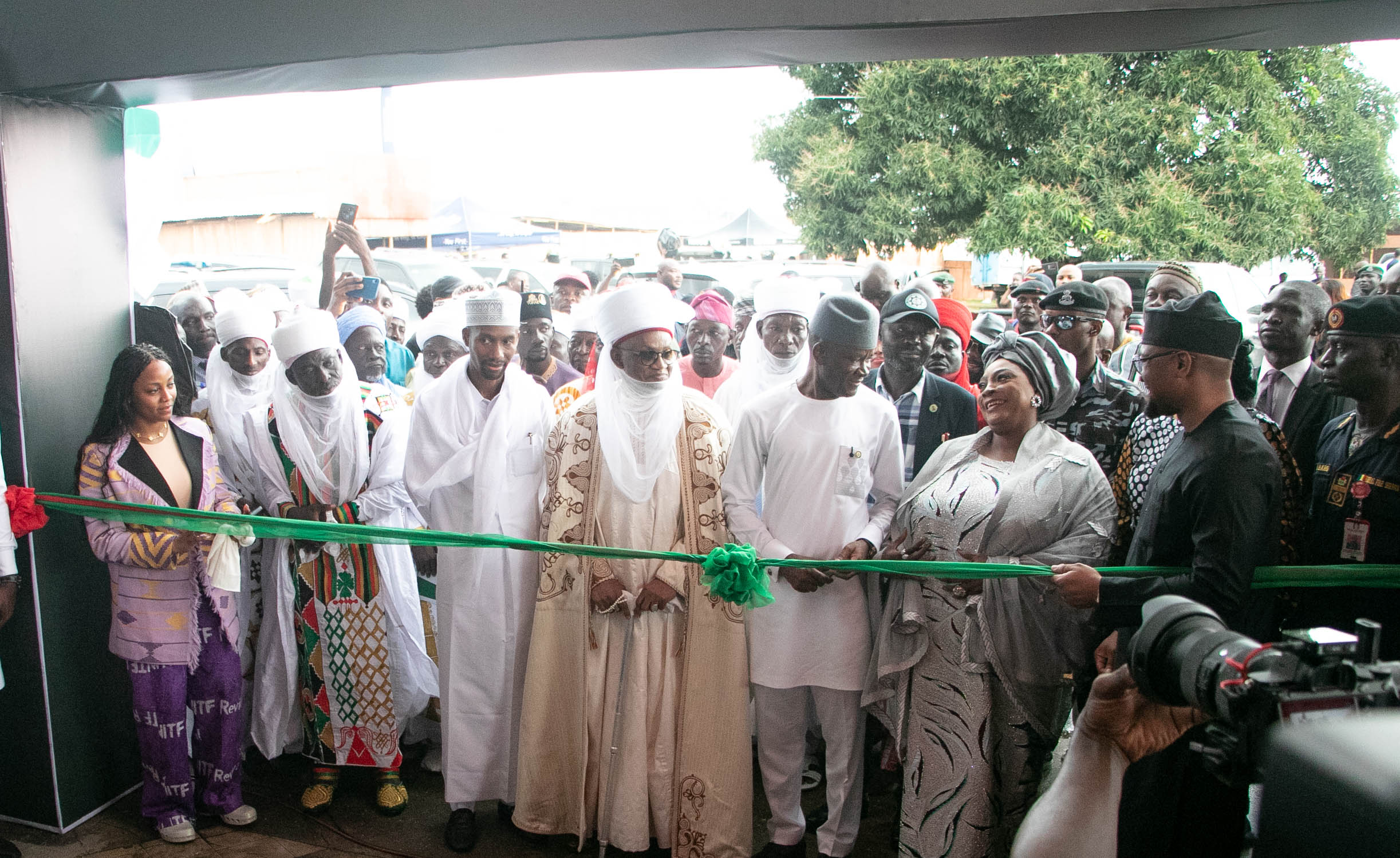
Stakeholders at the national workshop by the Aig-Imoukhuede Foundation have revealed the reason many reform projects in Nigeria failed, particularly in the public sector.
Some of the key personalities at the workshop include: former President Chief Olusegun Obasanjo, former Justice of the Supreme Court of Nigeria, Justice Amina Augie, former Vice President, World Bank Africa Region, Dr. Oby Ezekwesili, Bishop of the Roman Catholic Diocese of Sokoto, Bishop Matthew Kukah and Managing Director, Financial Derivatives Company Ltd, Bismarck Rewane, among others.
The gathering unveiled the perceptions of state and non-state research respondents on the corrosive impact of nepotism, corruption, and accountability deficits on public service delivery. The participants called for the discontinuance of existing practices such as job slots canvassing meritocratic processes.
Speaking, Chief Olusegun Obasanjo stressed the significance of continuity in reforms, stating that, “The greatest bane of reforms is discontinuity of the key actors. Any break in continuity means virtually the end of a reform.”
Speaking on the title: “Rethinking Reforms: Why Many Reforms Fail in Nigeria and What We Can Do About It”, the lead researcher, Professor Jide Balogun, said his research introduced a new framework for understanding the challenges hindering Nigeria’s public sector reforms: the “Multiple Fiefdoms Theory.”
He said this theory highlights the destructive clash between two contrasting forces within the nation. On one side is the “soft environment,” characterized by unity, shared national identity, and a focus on public service. On the other is the “hard environment,” marked by divisions, conflicting interests, and a culture of patronage.
He said this toxic mix creates a complex landscape where personal loyalty often trumps professional duty, hindering effective governance and stifling reform efforts.
Executive Vice Chair, Aig-Imoukhuede Foundation, Ofovwe Aig-Imoukhuede, said: “This workshop marks a pivotal moment as we begin Nigeria’s public sector reform journey. By working together, we can create a public sector that truly serves the needs and the aspirations of the Nigerian citizens, because those are who we truly serve.”





